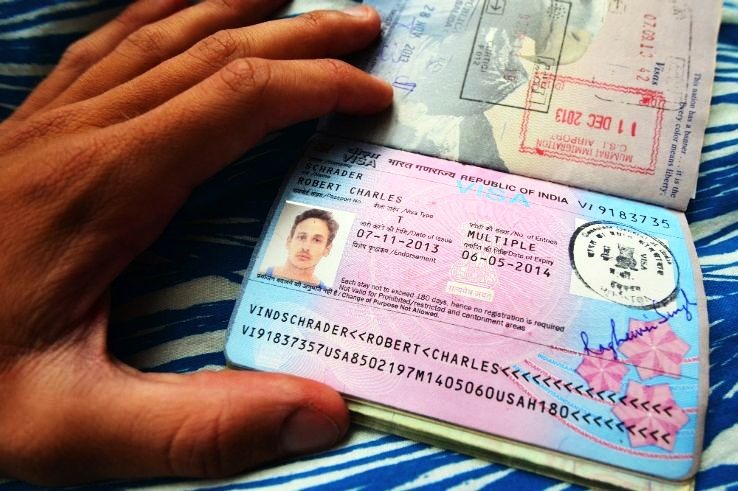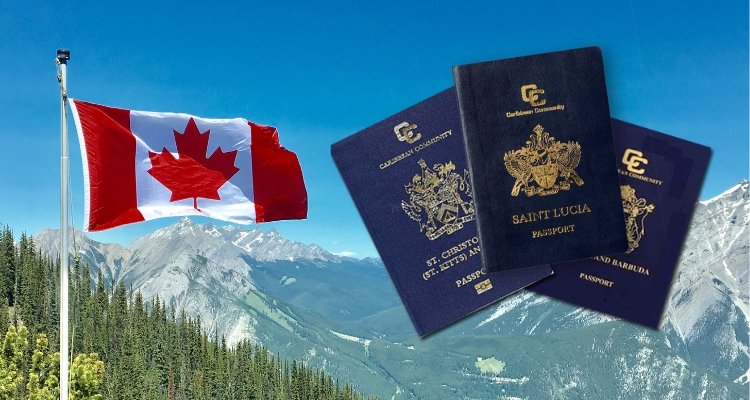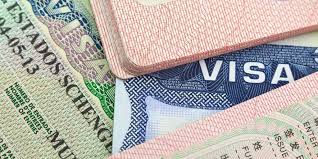A Comprehensive Guide to Different Types of Indian Visas
India, a country known for its rich cultural heritage and diverse landscapes, attracts millions of visitors each year. Whether for tourism, business, study, or other purposes, individuals planning to visit India must first determine which visa best suits their needs. With a range of options available, understanding the types of Indian visa can seem overwhelming. In this article, we will explore the various categories of Indian visas, their requirements, and their applications, helping travelers make informed decisions based on their travel goals.
Tourist Visa
One of the most common types of Indian visa, the Tourist Visa is intended for those who wish to visit India for leisure or recreational activities. It allows foreigners to explore the country’s historical landmarks, experience cultural festivities, or enjoy the natural beauty of India. The Tourist Visa is typically granted for short durations ranging from 6 months to 1 year, with multiple entry options available in certain cases. To apply for this visa, applicants must provide proof of sufficient funds to support their stay, along with details about their planned itinerary.
The Tourist Visa is non-extendable and non-convertible, meaning once it expires, travelers must leave the country and apply for a new visa if they wish to return. However, in some cases, Indian authorities may grant visa extensions in exceptional situations, such as medical emergencies.
Business Visa
For individuals planning to visit India for business-related activities, such as meetings, conferences, or establishing a commercial presence, the Business Visa is the appropriate choice. This visa is designed for foreign nationals who wish to explore business opportunities in India, either on their own or through partnerships with Indian companies. The Business Visa is generally issued for a longer duration compared to the Tourist Visa, with validity periods ranging from 1 to 5 years.
Applicants must submit documentation such as an invitation from an Indian company, proof of their business background, and a letter from their employer. The Business Visa also permits multiple entries, making it ideal for entrepreneurs and corporate professionals who frequently travel to India. However, the visa cannot be used for employment purposes, and applicants should be mindful of adhering to the visa’s conditions to avoid penalties or deportation.
Student Visa
The Student Visa is another important category among the types of Indian visa. As India has become a popular destination for international students seeking quality education, this visa facilitates educational travel. Students intending to study in Indian institutions must apply for a Student Visa, which is valid for the duration of their academic program. This visa is typically issued for a period of up to 5 years, depending on the course.
In order to obtain a Student Visa, applicants must provide proof of enrollment in a recognized Indian educational institution. They should also demonstrate that they have sufficient financial resources to cover their tuition fees and living expenses during their stay in India. It is worth noting that the Student Visa cannot be used for any kind of employment in India; however, students may be allowed to engage in limited internships or part-time work under specific conditions. INDIAN VISA TYPES
Medical Visa
India is renowned for its medical tourism sector, attracting patients from around the world who seek high-quality healthcare services at affordable prices. For individuals traveling to India for medical treatment, the Medical Visa is the most suitable option. This visa allows foreign nationals to visit India for medical consultations, surgeries, and other medical procedures.
The Medical Visa is typically granted for up to 6 months and is extendable in some cases if further treatment is required. Applicants must provide a letter from a recognized medical institution in India confirming the necessity of the treatment. In addition, a valid passport and medical records are required to support the application. It’s essential to note that the Medical Visa does not permit applicants to engage in any form of employment during their stay in India.
Employment Visa
For foreign nationals wishing to work in India, the Employment Visa is the ideal choice. This visa is granted to individuals who have secured employment with an Indian company or organization. The Employment Visa is typically issued for a period of 1 to 5 years, depending on the nature of the employment and the duration of the contract.
To apply for an Employment Visa, applicants must submit a job offer letter from the Indian employer, along with proof of their professional qualifications and experience. The Employment Visa allows individuals to live and work in India legally; however, it cannot be used for self-employment or freelance work. Additionally, the visa holder must adhere to Indian labor laws and regulations during their stay.
Conference Visa
The Conference Visa is specifically designed for foreign nationals attending conferences, seminars, workshops, or other professional events held in India. This visa is typically short-term, usually valid for up to 6 months, and is issued to individuals who are invited to participate in academic, scientific, or business-related conferences in India.
Applicants must provide an invitation letter from the conference organizers and other relevant documents, such as proof of their professional background and the conference details. The Conference Visa cannot be extended or converted into any other type of visa. It is also important to note that the visa holder is not permitted to engage in any employment or business activities beyond the conference.
Tourist Visa on Arrival
India also offers the Tourist Visa on Arrival (TVoA) for citizens of specific countries. This type of visa is available for tourists who are visiting India for a short duration of 60 days or less. The TVoA is granted at select international airports in India and allows a streamlined visa process. However, the TVoA is not available for citizens of all countries, and the application process is subject to restrictions.
It is crucial to check whether your country of residence is eligible for the Tourist Visa on Arrival before planning your trip. This visa is typically granted for a single entry and cannot be extended.
Conclusion
Understanding the various types of Indian visa is essential for anyone planning to visit India. Each visa category serves a specific purpose, and applicants must choose the one that best matches their reason for travel. Whether you’re a tourist, a business professional, a student, or seeking medical treatment, India offers a wide range of visa options to suit different needs. By carefully reviewing the requirements and ensuring that you select the right visa, you can ensure a smooth and hassle-free experience when traveling to India.



